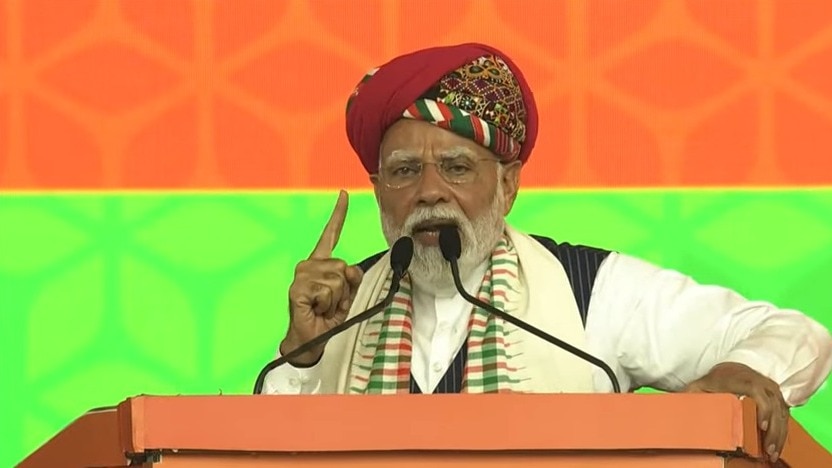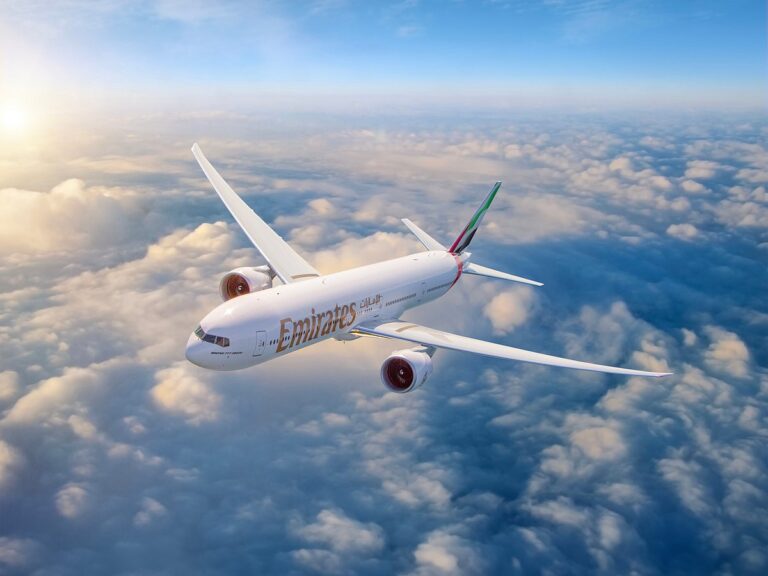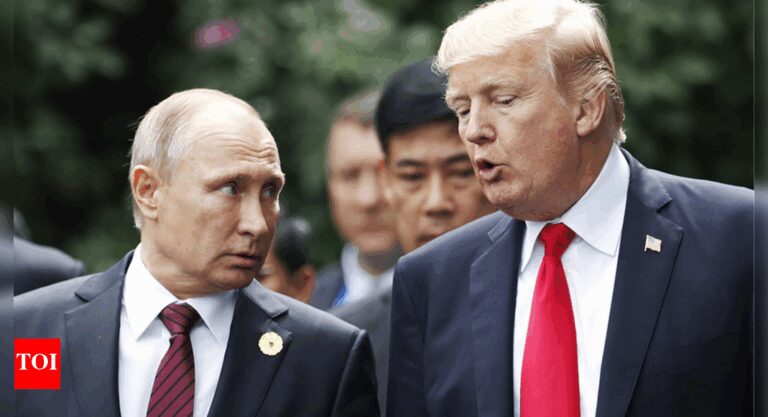PM Modi’s Powerful Speech in Bhuj: A Stark Warning to Pakistan on Terrorism and Tourism
Recently, Prime Minister Narendra Modi delivered a powerful speech during a public gathering in Bhuj, Gujarat, focusing on the significance of tourism and the stark contrast between its perception in India and its association with terrorism in Pakistan. His remarks have drawn considerable attention, reflecting his government’s stance on both development and national security.
In his address, PM Modi emphasized that India believes in tourism as a means to connect people and strengthen multinational friendships. He stated, “Tourism brings people together,” highlighting its role in fostering understanding and cooperation among nations. In a pointed critique of Pakistan, he added, “While we promote tourism, Pakistan sees it as terrorism, a significant threat to the entire world.” This bold statement not only underscores the ideological divide between the two countries but also sets the stage for a broader discussion about India’s zero-tolerance policy towards terrorism.
Operation Sindoor: A Mission Against Terrorism
PM Modi elaborated on the significance of “Operation Sindoor,” a mission aimed at eradicating terrorism. He firmly stated that “those who try to spill our blood will be answered in their own language.” This highlights the government’s commitment to ensuring national security, especially in light of past terrorist activities emanating from across the border.
- India’s stance: A strong zero-tolerance policy towards terrorism.
- Operation Sindoor’s objectives: To eliminate terrorist threats and protect humanity.
- Increased security measures: The government’s response to Pakistan’s inaction following terrorist incidents.
According to PM Modi, the success of Operation Sindoor is a reflection of India’s military readiness and the determination to safeguard its citizens. He recounted incidents where, after waiting for a Pakistani response post-attack, he granted full authority to the Indian Army, which subsequently launched operations that targeted terrorist installations hundreds of kilometers away from the border.
Addressing the Youth of Pakistan
PM Modi’s message wasn’t just directed towards his fellow Indians; he also addressed the youth of Pakistan. He urged them to reject terrorism, stating, “The Pakistani Army is nurturing terrorism and ruining the future of your children.” By reaching out, he sought to encourage a shift in perspective among the younger generation, emphasizing the need for change to prevent a dark future.
He added, “Live in peace, eat bread; otherwise, remember, my bullets are always there.” This quote, while stark, reflects the intense rivalry and the urgent call for resolving issues diplomatically rather than through violence. His remarks are a reminder of the ongoing complexities of India-Pakistan relations and the dire consequences of terrorism.
The Development of Kutch
Notably, PM Modi spoke about the development of the Kutch region and how it serves as a vital area for growth and tourism. He remarked, “In 2001, I decided to shift focus from Pakistan and instead highlight Kutch’s potential.” His vision for Kutch is to showcase its development as a way to incite envy across the border, thereby fostering a sense of pride among Indians and illustrating the possibilities of peaceful coexistence.
He explained that previous political speeches often began and ended with references to Pakistan, suggesting a defeatist attitude. Modi’s approach, however, centers on celebrating achievements and building an inspiring narrative about Kutch’s potential as a burgeoning tourism hub.
Reflecting on Historical Context
PM Modi drew parallels with historical military encounters, particularly referencing the 1971 war, where the Pakistani army attempted to assault the Bhuj airbase. He commended the bravery of Indian forces, stating, “The response was so robust that the Pakistani airbase is still in the ICU.” This analogy served not only as a reminder of India’s military capabilities but also as a warning about the consequences of aggression towards India.
In conclusion, PM Modi’s speech in Bhuj was a multifaceted address that highlighted India’s development goals, tourism potential, and a staunch position against terrorism. The Prime Minister’s compelling rhetoric aimed to inspire national pride while also reaching out to the Pakistani populace, encouraging a dialogue centered on peace instead of conflict. As India continues to develop its tourism sector, the hope is that this will pave the way for a more connected and peaceful future for both nations.






